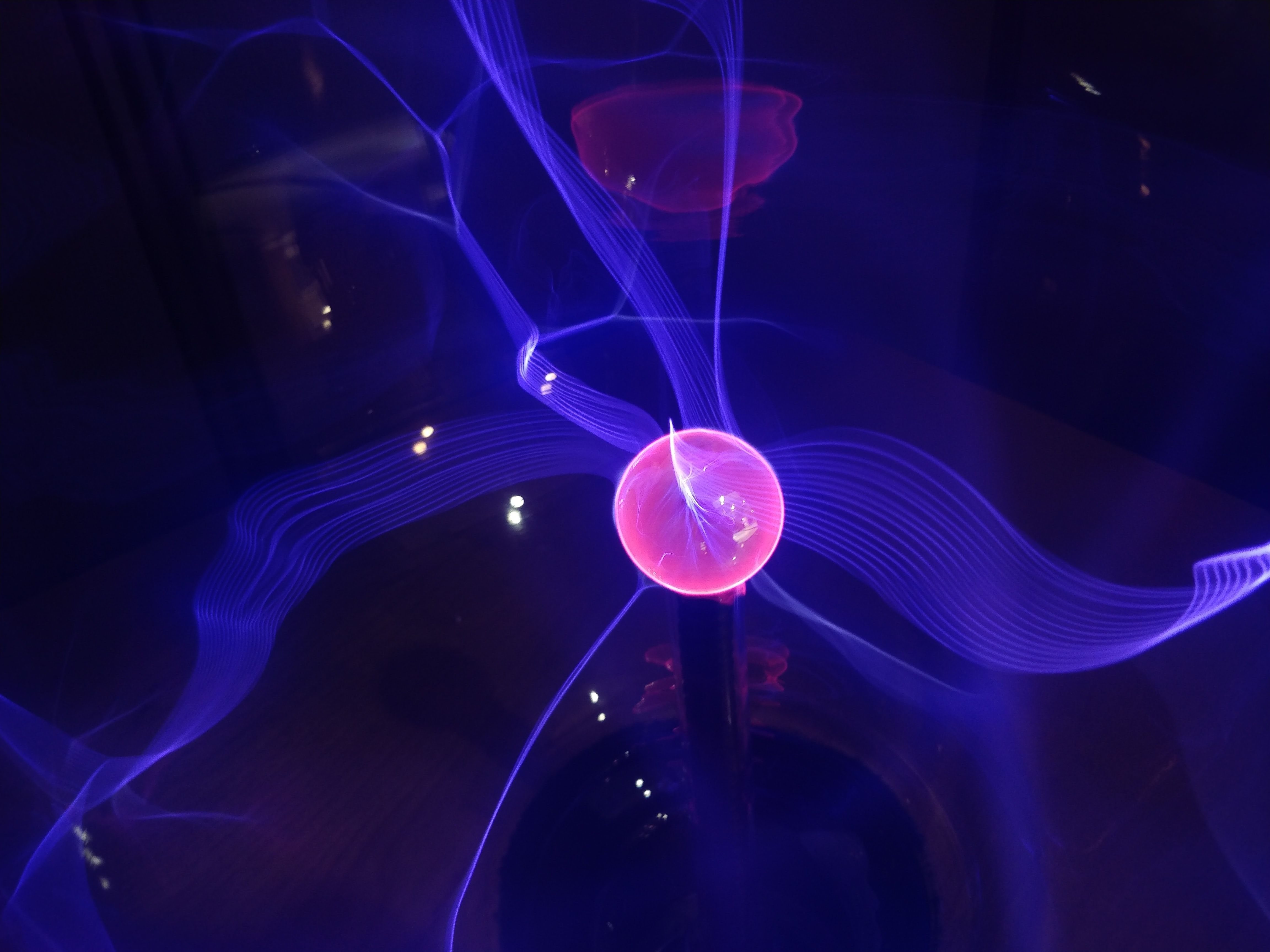IDCA News
All IDCA News
15 Mar 2022
Germany aims to run commercial quantum computer applications within three years
Germany is getting serious about quantum computers for data center applications. Its Federal Ministry of Education and Research just approved a subsidy of 76.3 million euros over the next five years for a project named QSolid. This project aims to develop and build three quantum computers. The platform should be able to host both scientific and commercial applications within three years. As part of the project, a digital twin will be developed to manage and maintain the advanced computers.
Researchers at Jülich's Forschungszentrum will integrate the quantum computers into their supercomputer infrastructure at an early stage. This Jülich Supercomputing Center operates supercomputers of the highest performance class in Europe. This infrastructure supports both scientific applications and engineering projects in cooperation with German companies.
First demonstrator
The QSolid project will also create a "moonshot" system that is demonstrably superior to traditional computers. The first demonstrator is scheduled to start operating in mid-2024, and will allow applications to be tested and benchmarked against industry standards.
The quantum computers will be located at the Helmholtz Nano Facility at Jülich. The Helmholtz Association operates a 1,000 square meter cleanroom complex equipped with state of the art facilities for the production and characterization of quantum components. In 2025, a new facility will be built in the form of the Helmholtz Quantum Center (HQC), a specially designed infrastructure for quantum computing.
Commercialization
The QSolid joint project brings together 25 German companies and research institutions to prepare for commercialization of advanced computing platforms based on quantum technology. The partners are developing a comprehensive ecosystem for a demonstrator based on superconducting qubits that will be made available to outside users via the Jülich quantum computer infrastructure, JUNIQ, and tailored to their needs.
Photo by Fractal Hassan on Unsplash
Follow us on social media: